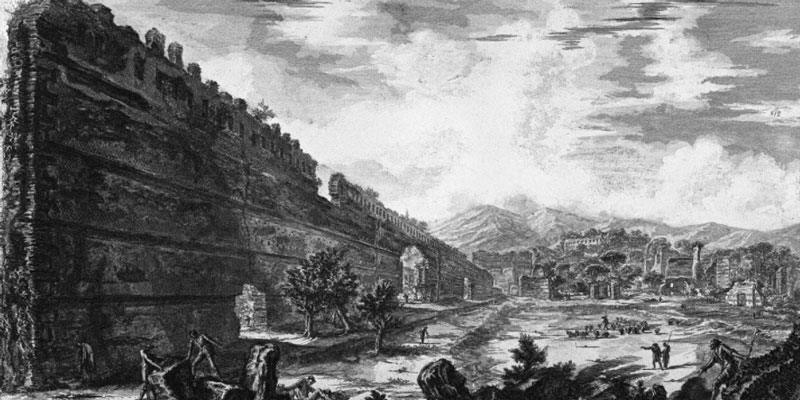
Why should soldiers be satisfied with their wages?
John the Baptist’s suggestion to Roman soldiers in today’s Gospel reading at Roman Catholic Mass has always left me feeling as I was missing some historical context:
And the crowds asked him, “What then should we do?”
He said to them in reply, “Whoever has two tunics should share with the person who has none. And whoever has food should do likewise.”
Even tax collectors came to be baptized and they said to him, “Teacher, what should we do?”
He answered them, “Stop collecting more than what is prescribed.”
Soldiers also asked him, “And what is it that we should do?” He told them, “Do not practice extortion, do not falsely accuse anyone, and be satisfied with your wages.”
Sharing from one’s surplus makes sense. Not overtaxing people for personal gain makes sense (memo to people in Rhode Island government). And of course not extorting money and not falsely accusing people make sense. But what was going on in ancient Rome to prompt the comment about wages?
I can’t claim to have any new and specific information to answer the question, but this is the first time I’ve noticed this passage since I worked my way through Edward Gibbon’s The Decline and Fall of the Roman Empire, and it occurred to me that buying off or bribing soldiers was a common practice of those who became emperors. Indeed, when Galba reneged on a promised bribe that the head of the Praetorian Guard had made on his behalf to his men, it proved key to his undoing within seven months. That’s one small example, but gaining the support of soldiers by promising wages was common.
Clearly, soldiers’ desire for greater wages was well known in the empire, and its effect on the empire seems relevant to John’s admonition in multiple ways. First, it shows the effect that a broad change of perspective can have on the direction of history because, second, inclining toward dissatisfaction and greed opens the way for corruption and greater evil.
Look at the deterioration and corruption of Rhode Island made possible by a system designed around buying support from special interest groups, with a particular focus on government employees. In John’s time and place as in ours, being an agent of government had advantages which were too often abused, causing harm to both the agents and the people.
Featured image by Giovanni Battista Piranesi on WikiArt.

